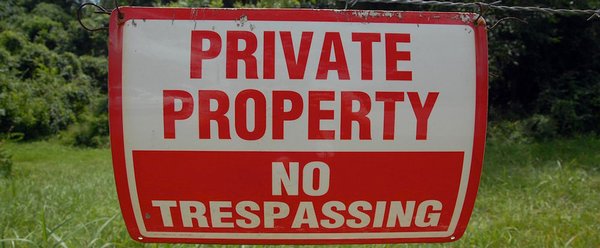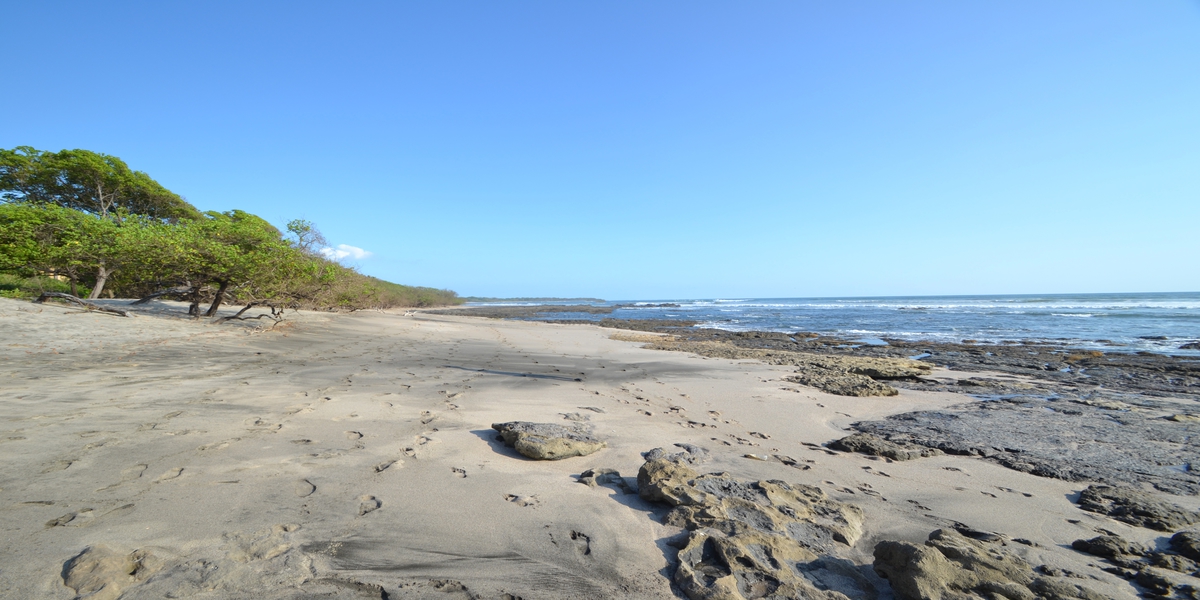 It might be very annoying to deal with a situation involving land invasion or people refusing to leave your property. Despite the fact that it is technically illegal and very much frowned upon to make someone else’s property yours while the owners are away, squatters have rights. Even in a situation where the renter is staying in the property after the lease has been terminated, there’s certain factors that could make the squatter acquire rights to the property.
It might be very annoying to deal with a situation involving land invasion or people refusing to leave your property. Despite the fact that it is technically illegal and very much frowned upon to make someone else’s property yours while the owners are away, squatters have rights. Even in a situation where the renter is staying in the property after the lease has been terminated, there’s certain factors that could make the squatter acquire rights to the property.
Squatters usually prefer properties located in rural areas that have the perfect conditions. In other words, properties with absent owners who usually live outside the country, properties without a fence and no appropriate maintenance or security. They simply occupy the property peacefully because the owner neglects to look after his investment properly, the land is left “abandoned” to a certain extent and next thing you know, squatters take over.
Considering that a person can prove they own the property, it is logical to believe that getting rid of squatters would be as simple as demonstrating ownership over the land; but that is not necessarily the case. Article 279 of the Costa Rican civil code separates ownership from possession, and establishes possession rights over a property by means of occupation. A person can acquire rights to the property if the owner allows that person to use or maintain possession of said property for more than a year. Article 317 of the Civil Code states that possession cannot be taken away and therefore the claim must be made in Court as a regular lawsuit.
During the first three months of occupation, the eviction can be done without the need of going to court. The owner simply needs to notify the local police about the situation, and ideally have proof of the invasion, (photographs, witnesses, etc.). At this point, the police have the obligation of proceeding with the eviction. If it’s been more than three months since the occupation, but before one year, the owner will need to file a complaint for trespass and start an administrative eviction complaint with the police. One of the best thing to do in order to avoid problems with squatters is simply to buy within a gated community, with 24h security. You will also avoid the risk of being robbed when you are not in the property.
 It is a similar situation when you own a rental property. If the lease expired and the tenants refuse to leave, they can become squatters of your property. If the tenants have a lease and don't pay their rent, they also can become squatters. Tenant laws in Costa Rica are pro-tenant so renters can continue to live in the property for an extended period of time until the landlord exhausts all of his legal hurdles to evict them, a process than can take years in the worst case scenario.
It is a similar situation when you own a rental property. If the lease expired and the tenants refuse to leave, they can become squatters of your property. If the tenants have a lease and don't pay their rent, they also can become squatters. Tenant laws in Costa Rica are pro-tenant so renters can continue to live in the property for an extended period of time until the landlord exhausts all of his legal hurdles to evict them, a process than can take years in the worst case scenario.
While we discuss renters, let's mention that a lease in Costa Rica is for 3 years minimum, meaning a renter who duly accomplishes his obligations can legally stay for the period of time, no matter what the contract says. If the contract has a term beyond three years, the higher term rules. The contract can be either verbal or written. For obvious reasons, a written agreement is always better to clarify the specific obligations of each party. A renter cannot be evicted for any reasons if he pays his rent in time every month. Fortunately for the tenants and unfortunately for the owners, Costa Rica’s tenant law was designed to protect the tenant. There's a good article written by the Costa Rica News about it with more details.
If you are planning to sell your property that is rented long term, talk to your attorney and real estate agent about it so you can get prepared and terminate the lease with the renter 3 months ahead of the lease's expiration. If the property title gets transferred into a new owner, the renter has the right to stay until the term of the contract finishes. Evictions can’t be requested based on a change of ownership. We also always recommend the buyers to buy properties that are vacant of long term renters to avoid any future legal conflicts.
It is important to take all the measures needed in order to avoid squatters or difficult tenants. If you were to be in a situation where a matter like this ends up in court, having your property taxes paid and all ownership documentation up to date will help you get the legal assistance that you need.






